
Article by BR Natalie
When you think of aromatherapy you probably think of crystals, windchimes and an oil burner. And yet so many people swear by the effects and therapeutic benefits of aromatherapy.
Technically speaking (and according to Wikipedia), 'aromatherapy is a form of alternative medicine that uses volatile plant materials, known as essential oils, and other aromatic compounds for the purpose of altering a person's mind, mood, cognitive function or health.'
What can aromatherapy be used for?
Aromatherapy is used to guide the emotions of a person and to relieve physical ailments. Essential oils are used in a number of ways to tackle a number of problems, from mental, physical and internal issues. For example, people can use aromatherapy to relieve stress, improve circulation, ease pain, reduce swelling or cleanse the body of impurities.
Essential oils are believed to be helpful relieving viral or bacterial infections, burns, hypertension, respiratory conditions, insomnia, depression and many other illnesses.
A Brief History of Essential Oils.
The use of essential oils dates back to the Egyptian times. (They really were our beauty pioneers!) According to The Aromatherapy Co, Cleopatra used essential oils in her room and on her clothes to seduce Mark Anthony.
The Greeks, notably Hippocrates, used essential oils to protect from contagious diseases and for many different kinds of medicinal therapies.
The healing properties of lavender oil led to the art of essential oils being dubbed 'Aromatherapy'. In the 1920s Rene Maurice Gattefasse, a French chemist, burnt his arm while making fragrance and immediately plunged it into a jug of lavender oil. (Presumably because it was there and too far to run to the tap?!) He found the pain was less than expected and the blistering was greatly reduced. After a fast healing period and minimal scarring he began researching and documenting the healing properties of essential oils and published his book Aromatherapie in 1937.
How do essential oils work?
The Aromatherapy Co say it best. 'Essential oils have an affinity with the skin’s natural oils allowing this rapid absorption. They enter and leave the body very efficiently leaving no toxic residue behind. They are excreted through the normal bodily functions. Essential oils have a very positive effect on blood circulation playing an important part in bringing nutrients and oxygen to the tissues and stimulating the lymphatic system to dispose of waste products. Essential oils also help stimulate the immune system.'
Can any 'smelly oil' be used in aromatherapy?
No! Essential Oils are 100% pure, made from extracts distilled from plants. Perfumed or fragrant oils are manufactured with other ingredients and are not pure.
What's an aromatherapist? How are they trained?
An aromatherapist is a practitioner of aromatherapy.
There are no rules, regulations or laws in NZ for the standardisation of training within the aromatherapy field. It is the responsibility of manufacturers of aromatherapy oils to ensure that they contain the correct substances.
The New Zealand Register of Holistic Aromatherapists (NZROHA) was formed in 1993 by a small group of like-minded aromatherapists. Their mission statement is:
The preservation of health by advancing the knowledge, practice of, and expertise in Aromatherapy; educating, teaching and training and other lawfully charitable means.
Because they're natural, I can't go wrong right?
NO! Essential Oils can be quite potent. Stick to these rules at all times when exploring the art of aromatherapy:
- Never consume or use essential oils internally unless under the advise of a trained and professional aromatherapist.
- Ensure your oils have child proof caps and keep away from children.
- Always do a patch test with a small amount of diluted oil 24 hours before undertaking the therapy. Never use an undiluted oil unless under the guidance of a trained professional.
- Do not use the same oils for weeks without a break as constant use can cause irritation and toxic constituents can build up in the body.
- Pregnant women should always check with a professional aromatherapist before using any essential oils, as some can trigger menstruation and uterine contractions.
- If you suffer with highly sensitive skin, asthma, epilepsy or high blood pressure should consult a trained aromatherapist before using essential oils.
- Some oils can reduce or change the effectiveness of some types of medications and should not be used if undergoing chemotherapy. Always check with a trained aromatherapist.
For more information on finding a trained Aromatherapist and on safely using essential oils, check out the NZROHA website.
Do you regularly use aromatherapy or see an aromatherapist? Why not share your experiences with us?



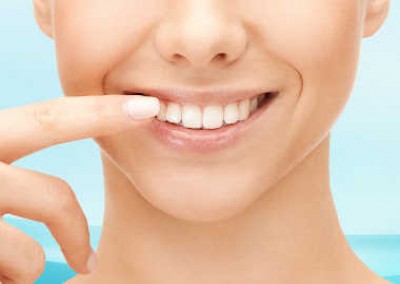
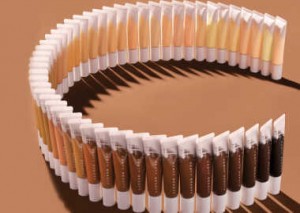
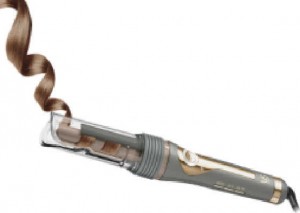






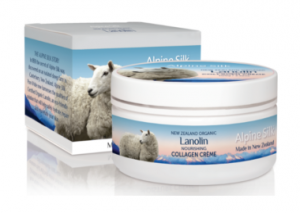
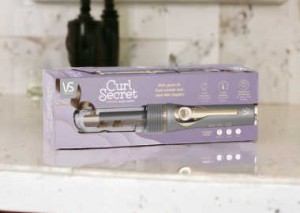
I used to use an oil burner quite frequently, but with curious littlies around I stopped. Would be good to get it going again. The only oils I use a lot at the moment are lavender and tea tree, for lots of different things.